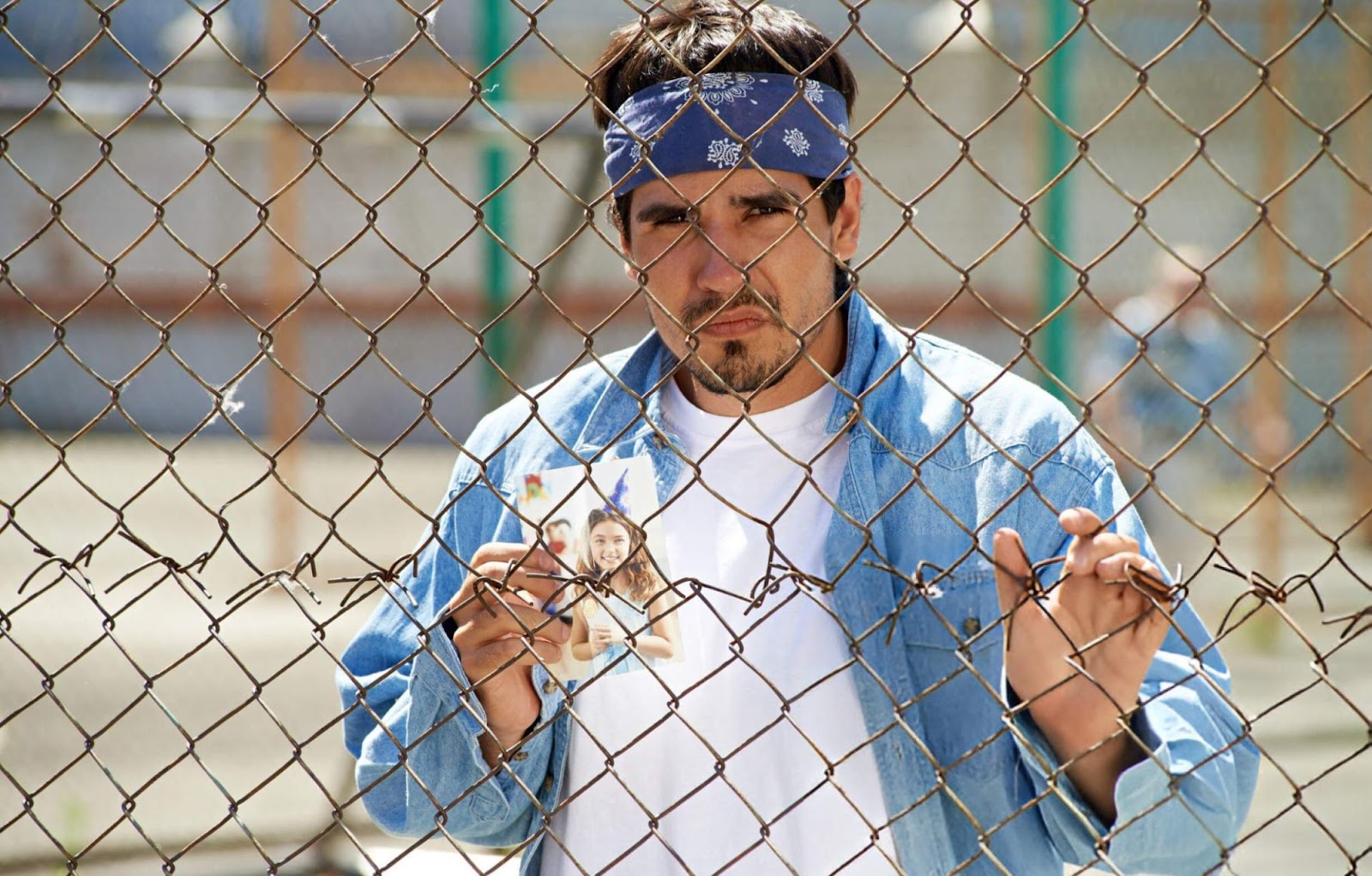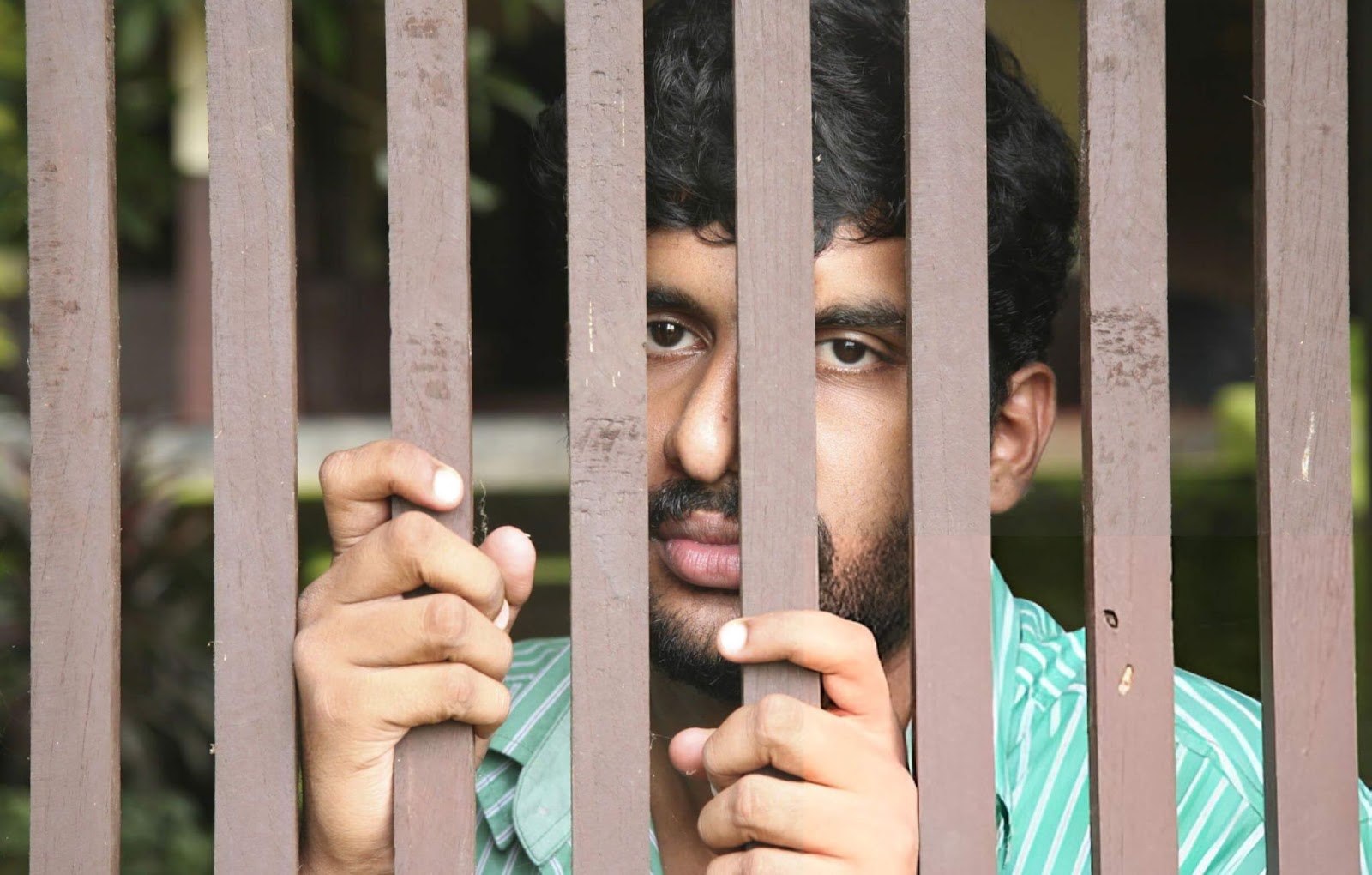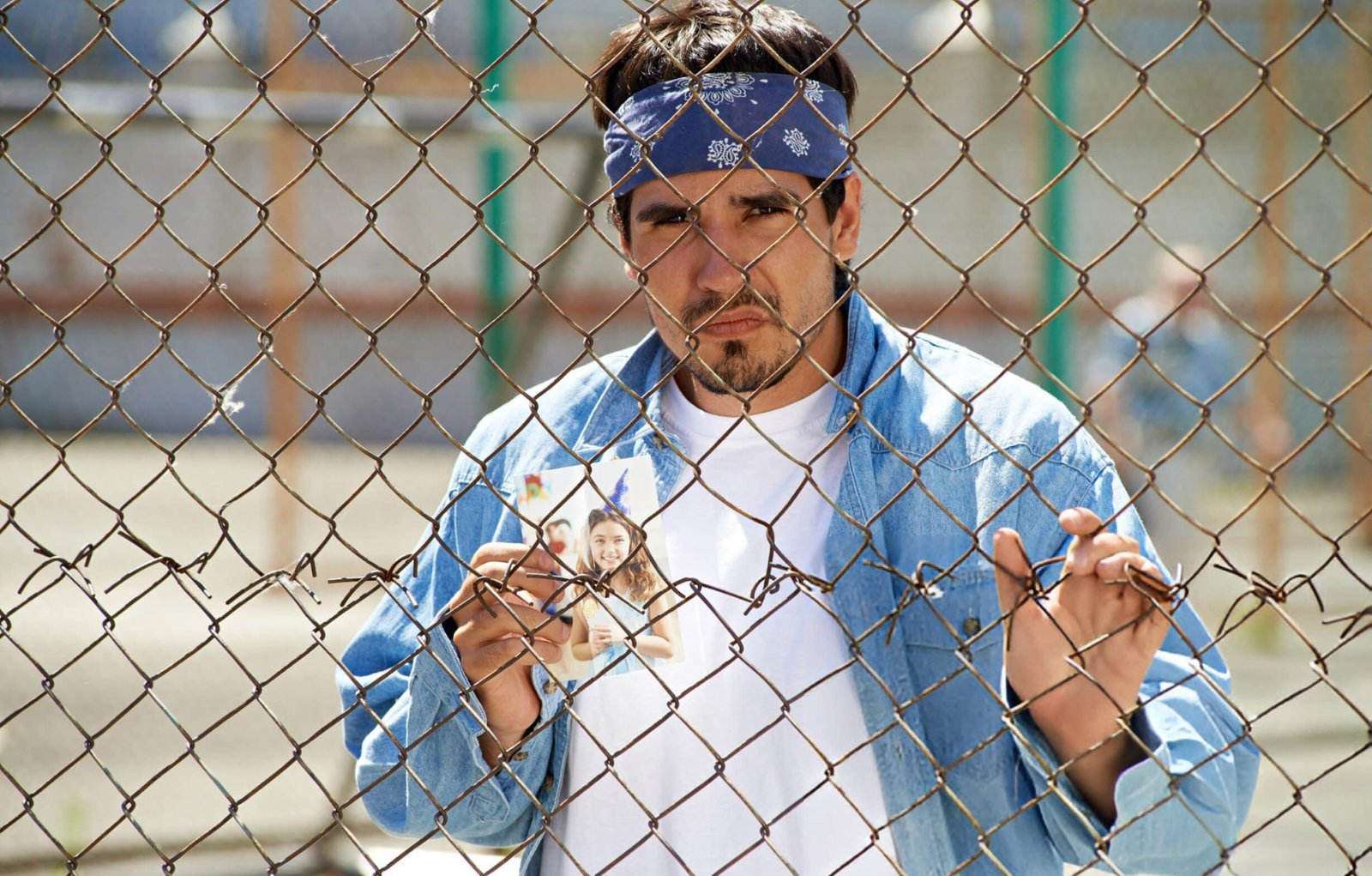Imagine this: at bedtime and on the other side of the country, a child holds a photo that is worn out; he/she is saying goodnight to an incarcerated parent. When a parent and a child are separated by the prison, love does not vanish there but makes the process infinitely more complex, such as trying to cultivate a garden through a concrete wall.
Historically, incarcerated parents have some unique challenges that impact the whole family system, not only the person in jail, but also children, caregivers, and extended family. However in this troubled terrain are rights to know, resources to utilize and hope to hold.
Shall we plunge into this maze hand in hand with knowledge and compassion.
Understanding the Scope: When Parents Are Behind Bars
The statistics paint a sobering picture of American families touched by incarceration. Nearly 5 million children across America have had a parent incarcerated at some point in their lives, while estimates suggest that 1.7 to 2.7 million children may have experienced parental incarceration at least once in their childhood, representing about 11 percent of all children.
These aren’t just numbers on a page—they represent millions of bedtime stories interrupted, millions of parent-teacher conferences attended by someone else, and millions of children navigating the world with a parent-shaped hole in their daily lives.
The ripple effects extend far beyond the prison walls. When a parent is incarcerated, families often face financial strain, emotional upheaval, and social stigma that can feel as confining as any cell. Children may experience shame, confusion, and behavioral changes while trying to process their parent’s absence.
Yet here’s what’s remarkable: the bonds between incarcerated parents and their children often remain strong, like roots that somehow find water through the hardest soil.
Do Incarcerated Parents Have Any Parental Rights?
Here’s where things get both hopeful and complicated. The short answer is yes—prison does not automatically mean abandonment, but maintaining those rights requires active effort and understanding of the legal landscape.
Do incarcerated parents have any parental rights? Absolutely. Incarceration alone doesn’t strip away your fundamental role as a parent. However, these rights exist within a framework of limitations and responsibilities that can feel like walking a tightrope while juggling.

The Foundation of Parental Rights
Think of parental rights as a house—incarceration doesn’t demolish the foundation, but it certainly limits which rooms you can access. You can’t lose custody of your children just for being in jail or prison, but the practical exercise of those rights becomes constrained by the institutional environment.
Your parental rights include:
- The right to maintain contact with your children (within facility guidelines)
- The right to make medical and educational decisions (though this may be complicated by your physical absence)
- The right to legal representation in family court proceedings
- The right to be notified of court hearings involving your children
When Rights Become Fragile
However, these rights aren’t bulletproof. They require nurturing and protection, much like tending a flame in a windstorm. If you don’t visit or communicate with your kids for six consecutive months, your parental rights can be permanently terminated on grounds of abandonment.
This creates a catch-22 situation for many incarcerated parents: maintaining contact requires navigating complex prison systems, expensive phone calls, and sometimes uncooperative caregivers, yet failing to maintain contact can result in losing your children forever.
Can Parental Rights Be Terminated If a Parent Is Incarcerated?
The question that keeps many incarcerated parents awake at night is whether their parental rights can be terminated. The answer requires nuance—can parental rights be terminated if a parent is incarcerated? Yes, but only under specific circumstances, and not simply because of incarceration itself.
When Termination Becomes a Risk
You cannot lose your parental rights solely for being incarcerated, but several factors can create vulnerability:
Length of Separation: Federal law creates particular risks when children have been in foster care for extended periods. The system prioritizes permanency for children, which can conflict with lengthy prison sentences.
Nature of the Crime: If your incarceration stems from crimes involving your children or other minors, termination proceedings become more likely. The courts view the safety of children as paramount.
Lack of Contact: As mentioned earlier, six months without contact can trigger abandonment proceedings. This is where the prison system’s limitations can become a parent’s worst enemy.
Inability to Provide Support: Incarcerated parents are still responsible for paying child support, and failure to meet these obligations can be used as evidence against you in termination proceedings.
The Reality of Distance
Sometimes hearings take place hundreds of miles from the prison, and parents cannot attend because officials won’t transport them there, creating situations where parents lose their rights in absentia—a particularly cruel twist of the justice system.
This is where the metaphor of tending a garden through concrete becomes painfully real. You’re expected to maintain relationships and meet obligations while facing institutional barriers at every turn.
Financial Benefits for Child with Incarcerated Parent
When a parent goes to prison, the family’s financial landscape often crumbles like a house of cards. However, there are financial benefits for child with incarcerated parent that can provide crucial support during these turbulent times.
Social Security Benefits Continue
One silver lining in the storm clouds: benefits to your dependent spouse or children will continue as long as they remain eligible, even when the incarcerated parent cannot receive their own benefits. This means that if you were receiving Social Security benefits before incarceration, your children may continue to receive dependent benefits.
Think of it as a financial lifeline that doesn’t get severed when the prison doors close—your children’s needs don’t disappear just because you’re behind bars.
TANF and Public Assistance
The Temporary Assistance for Needy Families (TANF) program can provide crucial support for families affected by incarceration. Caregivers raising children of incarcerated parents may be eligible for cash assistance, food stamps, and other support services.
Some states offer a once-in-a-lifetime payment of $1,000 to certain relatives caring for one or more related children, recognizing the sudden financial burden that often accompanies taking in children whose parents are incarcerated.
Supplemental Security Income (SSI)
For children with disabilities whose parents are incarcerated, SSI benefits can provide additional financial support. SSI pays benefits to adults or children who are blind or have qualifying disabilities, and these benefits aren’t affected by parental incarceration.
Benefits for Child with Incarcerated Parent Beyond Financial Support
Benefits for child with incarcerated parent extend far beyond monthly checks and food stamps. These children often need specialized support to navigate the unique challenges they face.

Educational Support and Mentoring Programs
Many states and organizations recognize that children of incarcerated parents face unique educational challenges. Federal grants support the establishment or expansion and operation of programs using a network of public services specifically designed to help these children succeed academically and socially.
These programs often provide:
- Tutoring and academic support
- Mentoring relationships with positive adult role models
- Counseling services to address trauma and emotional needs
- College preparation and scholarship opportunities
Healthcare Access
Children in families receiving certain benefits often qualify for Medicaid or state children’s health insurance programs, ensuring they maintain access to healthcare even when family income is disrupted by incarceration.
Maintaining the Parent-Child Bond During Incarceration
The heart of being an incarcerated parent lies not in the legal complexities or financial challenges, but in the fundamental relationship with your child. This relationship requires intentional nurturing, like keeping a candle lit in a hurricane.
Communication Strategies
Prison systems vary widely in their communication policies, but most offer several ways to stay connected:
Phone Calls: Though expensive, regular phone calls can maintain emotional connection. Many families schedule weekly calls that become sacred time for both parent and child.
Letters and Cards: Written communication allows for more thoughtful expression and gives children something tangible to hold onto. A handwritten letter can become a treasured keepsake.
Video Visits: Many facilities now offer video visitation, allowing face-to-face contact that can be especially important for young children who need visual connection with their parent.
Making Visits Meaningful
When in-person visits are possible, they become precious opportunities to maintain the parent-child bond. Successful visits often involve:
- Preparing age-appropriate explanations about the environment
- Focusing on the child’s needs and interests during the visit
- Creating special rituals or activities within the constraints of the facility
- Following up visits with phone calls or letters
Supporting Caregivers and Extended Family
Incarcerated parents must recognize that maintaining their relationship with their children often depends on supporting the people caring for them. Grandparents, aunts, uncles, or other family members who step up to care for children need support and recognition for their sacrificial role.
This might involve:
- Expressing gratitude for their care
- Contributing financially when possible
- Respecting their decisions about daily care
- Maintaining open communication about the children’s needs

Preparing for Reentry and Reunification
For many incarcerated parents, the ultimate goal is reunification with their children upon release. This process requires careful planning and realistic expectations.
Rebuilding Trust
Rebuilding trust with children after incarceration requires open and honest communication. Additionally, demonstrating consistency between actions and words is essential for regaining parental rights.
Children may have complex feelings about their parent’s return—excitement mixed with anxiety, love complicated by hurt. Successful reunification often involves:
- Professional counseling for both parent and child
- Gradual reintroduction rather than immediate full custody
- Consistent follow-through on promises and commitments
- Addressing the child’s questions and concerns honestly
Practical Preparation
Beyond emotional preparation, successful reentry requires practical planning:
- Securing stable housing appropriate for children
- Finding employment that can support the family
- Establishing support networks in the community
- Understanding any legal requirements or restrictions
Resources and Support Systems
Being an incarcerated parent doesn’t mean navigating this journey alone. Numerous organizations and resources exist to provide support:
National Organizations
Organizations like the National Resource Center on Children & Families of the Incarcerated provide resources, research, and support for affected families. They offer guidance on everything from legal rights to emotional support strategies.
Legal Aid
Many areas have legal aid organizations that specialize in family law issues affecting incarcerated parents. These services can be crucial for understanding your rights and navigating court proceedings.
Faith-Based and Community Organizations
Local churches, community centers, and nonprofit organizations often provide practical support like transportation to visitation, child care assistance, and emotional support for families.
The Road Ahead: Hope and Healing
Being a parent in prison is an unarguably tough path with hurdles that seem insurmountable. But in this troubled terrain, there are myriads of families who have discovered methods to continue to love, interconnect, and have hope.
Being in prison does not mean that you are a bad parent and neither does it blight your relationship with your children. Although the journey is complicated, even heartbreaking sometimes, knowing your rights, using the resources that are available, and always being in touch with your children can help you to sustain, and even enhance the family relationships

The monetary advantage of child with imprisoned parent and other types of support programs are due to the fact that society believes that children cannot be penalized based on the misfortunes of the parents. Your children need to be supported, and you should be given the chance of staying a significant part of their lives.
It is necessary to keep in mind that when you ask the question whether parental rights can be terminated when one of the parents is incarcerated, you demonstrate your adherence to your status as a parent. You are striving to find information and knowledge, which shows the love that cannot be put in prison cages.
Any phone conversation, any letter, any visit is an investment in your relationship with your child. Just like a seed that is sown on a rocky ground, these relationships may blossom into something wonderful and permanent. Your affection to your children isn’t completed at the prison gate, it only finds different ways of expressing itself.
You are not walking this journey alone; it can be long and difficult but you are not alone. Incarcerated parents can keep in touch with their children and build a better future when they and their families can be reunited and start thriving once again with the help of knowledge, resources, and the power of love that never dies.



